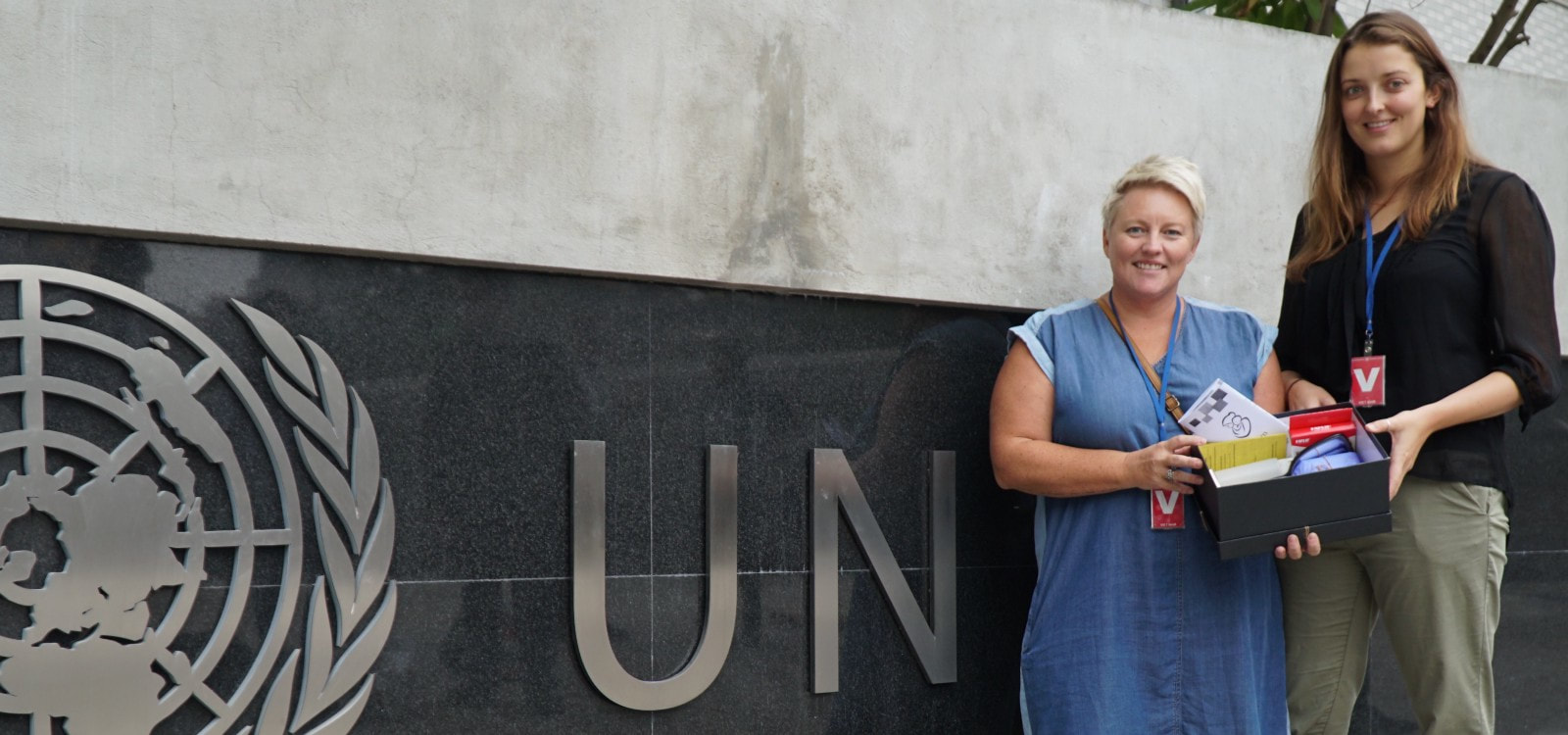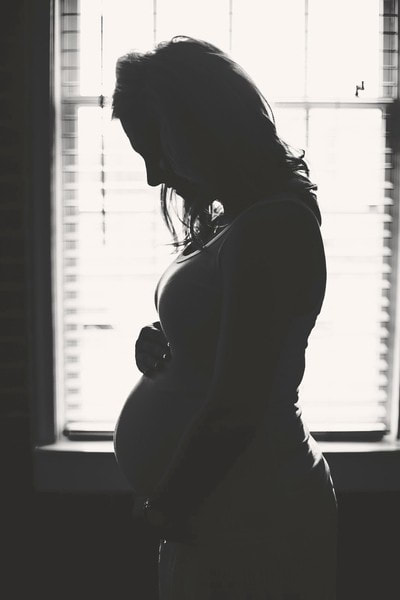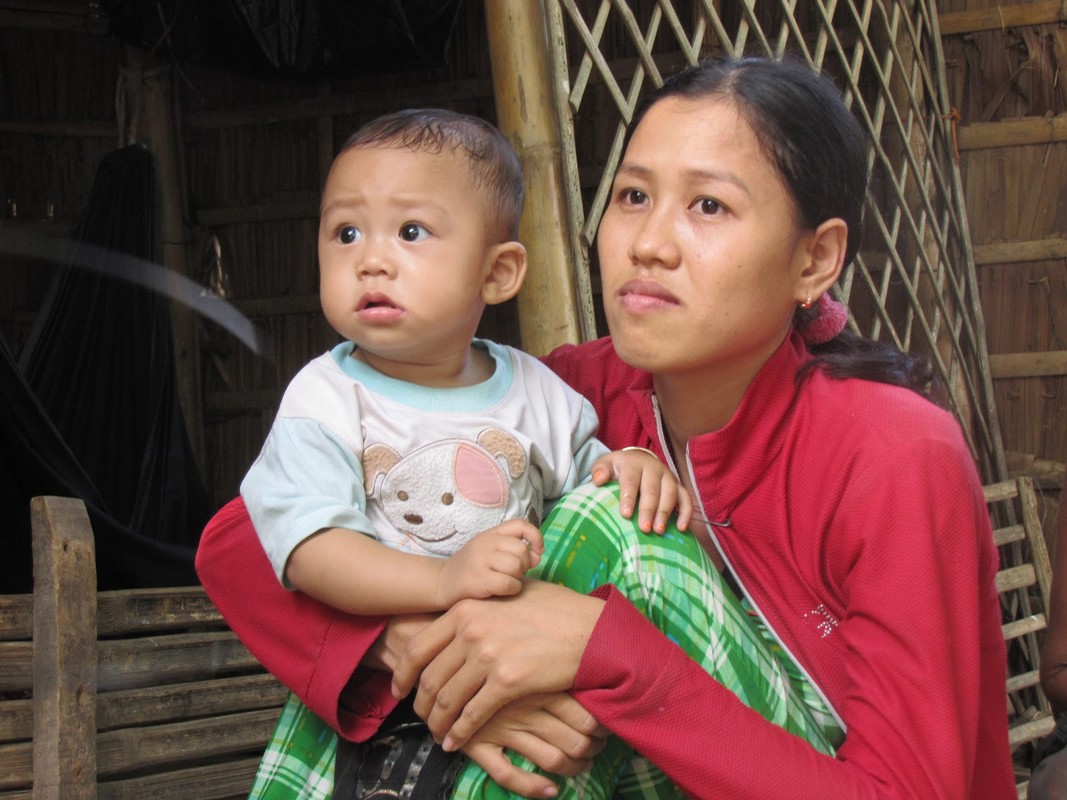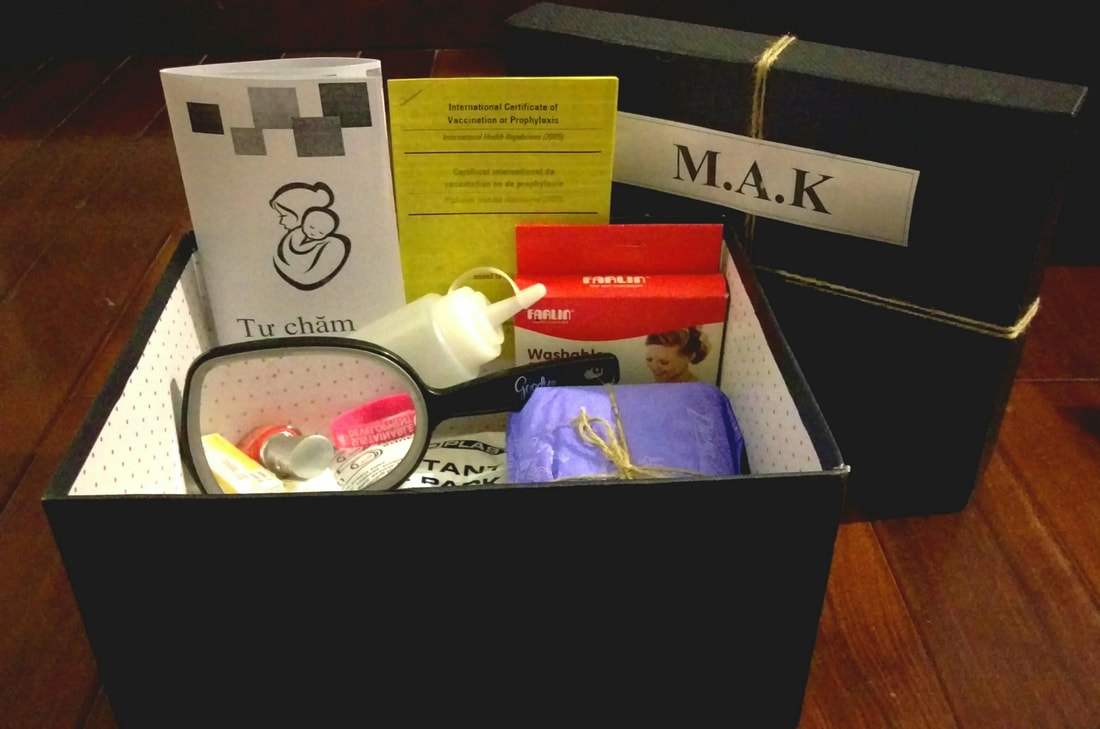How Nail Polish and Nipple Cream can Reduce Maternal Health Barriers in Rural VietnamIf you asked me to name a universal truth in this world, one that transcends race, religion, socioeconomic status and cultural context, it would be this: Motherhood is hard. Yes, it’s usually many other wonderful and rewarding things as well, but I’d be pretty hard-pressed to find a mother who could tell me unequivocally that her journey thus far has been nothing but smooth sailing. When I was a kid, my mother placed a magnet on our refrigerator that read: “Every mother is a working mother”. As a child, I never fully grasped the wisdom of that simple statement, but as I moved into adulthood I gradually began to notice how so many women around me were tirelessly constructing their schedules, priorities, professional careers, and sometimes–it seemed– their very identities around motherhood, and it finally hit me just how much truth that fridge magnet carried with it. In fact, that seemingly innocuous little magnet served to highlight another common thread of truth that ties mothers of all different backgrounds together: Often new mothers and their support networks are so busy focusing their energy on the baby’s needs that the mother’s physical, mental and social needs can go unidentified and unmet. Despite some increasing awareness of this issue in countries like Canada, Australia and the UK, there is still a long way to go in recognizing and addressing the multitude of potential post-birth challenges for women all around the world. Enter Zoe Jackson and Rachel Morgan; two innovative thinkers who recently recognized an opportunity to eliminate some unnecessary barriers to the self care & overall wellbeing of new mothers in rural Vietnam and turned it into a viable reality. Zoe(Bachelor of Arts in Psychology and Socio-Legal Studies, University of Sydney) and Rachel (Bachelor of Arts in Politics, International Relations and Development Studies, University of the Sunshine Coast) are now alumni of the latest United Nations Sustainable Development Goals Study Tour to Vietnam, an intensive two week program delivered by the Australian educational social enterprise Unbound. The aim of the program is to equip students with a comprehensive understanding of the UN’s Sustainable Development Goals (SDGs) in the context of what’s called an “emerging economy”– in other words an economy presently in the midst of rapid growth and industrialization. Program participants (primarily Australian university students from multi-disciplinary backgrounds) are tasked with identifying an opportunity to address a sustainable development goal through a collaborative work project, then pitching the project to a panel of representatives from the United Nations Development Programme (UNDP) at the UN offices in Hanoi. Vietnam’s Maternal Self Care GapFor their work project, Zoe and Rachel decided to focus on the sustainable development goal of fostering good health and wellbeing, with a specific focus on women’s health challenges. The first thing they did was sit down with local community members in the province of Hòa Bình to gather some insights regarding health attitudes, practices and available support structures in rural Vietnamese contexts, and it was these conversations that prompted them to recognize the absence of self care practices among new mothers in each community. As Rachel puts it, “Being a mother myself, I thought about my own experiences. Pregnancy and motherhood can feel isolating despite being surrounded by people, and when we met with women [in the community] and gained insight into Vietnamese culture, it was easy to see a gap in self care”. Indeed, according to a 2017 survey analysis study, although maternal mortality rates have dropped significantly with the rise of successful government intervention & resources, Vietnam continues to face a number of barriers to addressing its maternal and child health challenges. This is particularly true in rural areas in the country, where a multifaceted set of social, economic and cultural inequities can work to constrain women’s’ access to health education, resources and services they may need. When it comes to maternal aftercare, Zoe said she was surprised at the lack of relevant knowledge and resources in the community at the moment: “It was actually very eye opening just how little women in the rural setting knew about aftercare products or simply how to look after themselves post-birth. In fact, when we asked one woman if something like maternity pads, nipple cream and hygiene products would be useful after giving birth she replied with ‘do those things exist?’ It was definitely apparent that post-birth information and focus is on the needs of the child.” In an effort to better understand the extent to which maternal health services are available and accessible in rural Vietnam, Zoe and Rachel visited a local health clinic in the Da Bac district. Here they learned about several forms of government-lead maternal health interventions currently in place, including the provision of vaccinations and vitamins to expectant mothers during their trimesterly health checks. However, consistent with their community engagement findings, it appeared that there were no initiatives in place to address the promotion of maternal self care after a woman has given birth. The Maternal Aftercare KitAfter identifying the post-birth period as a stage with minimal to no support & resource tools available to new mothers, Zoe and Rachel designed a simple, practical means of promoting good maternal self care: a small box filled with basic items that could make a new mother’s life just that little bit easier. These items centered around both hygiene amenities for physical purposes like breast care (e.g. washable breast pads and nipple cream) and vaginal care (e.g. sanitary pads), and also around social awareness promotion (for example, a bottle of nail polish was provided for use as a social tool, primarily to facilitate conversations about maternal health and shared experiences at community women’s union meetings) and education (e.g. a leaflet detailing some common changes a woman might notice in her body after giving birth). The finished product: A “Maternal Aftercare Kit”. Rachel explained that the holistic approach to stocking the maternal aftercare kit is “aimed at the entire wellbeing of a new mother. [Each item] individually plays only a small role in overall post-birth health, but together they make an impact.” Zoe added, “We really wanted to empower women to have dignity and support post birth and so items like the nail polish we hope will create more open lines of communication. Education was key as there is no point just providing an aftercare kit without also providing the knowledge of how to use the items and health risks to look out for. Also through education we hope that the idea of aftercare becomes a more sustainable idea that everyone is informed about!”. Although the maternal aftercare kit project was conceptualized for application in Vietnam, Zoe believes it could be expanded upon and adapted globally: “I think we can definitely see a wider application for this project. Even just in Vietnam when we returned to the city after being in the rural areas we heard from urban women that even they don’t have information or support regarding personal aftercare. I think if you look at the success of something like the Finnish baby box, you can see that a similar kit targeting female aftercare could be successful anywhere in the world with small cultural adaptations to give every woman as equal a start as possible to their mothering life.” Rachel agrees that the kits have potential for wider application, adding, “I’m sure if you asked any soon-to-be mum what her baby needed, she would have a very long list; but ask the same question of her and her list would be very small if it even existed at all”. Written by: Kaia M.
3 Comments
22/5/2023 03:28:41 pm
Was it possible that prior to the program, a mother in Vietnam was not aware of the care needed from within and from outside her body? or actually they are aware of the need but do not take the solution.
Reply
Dabbie48
13/9/2023 02:28:27 pm
This incredible weight loss product has transformed my life. I went from 120kg to a remarkable 70kg, and I couldn't be happier. Ready to experience a new and improved you? <a href="https://ad8d5gtdrnfsg007oiqk13arev.hop.clickbank.net" target="_blank">click here</a> to order now!
Reply
Leave a Reply. |
ArchivesCategoriesAuthorKaia is a communications & program manager for Unbound. |
GLOBAL STUDY
|
UNBOUND |
MORE INFORMATION |
Built in Melbourne, Australia.
Proudly a social enterprise. © Copyright 2020 |






 RSS Feed
RSS Feed
